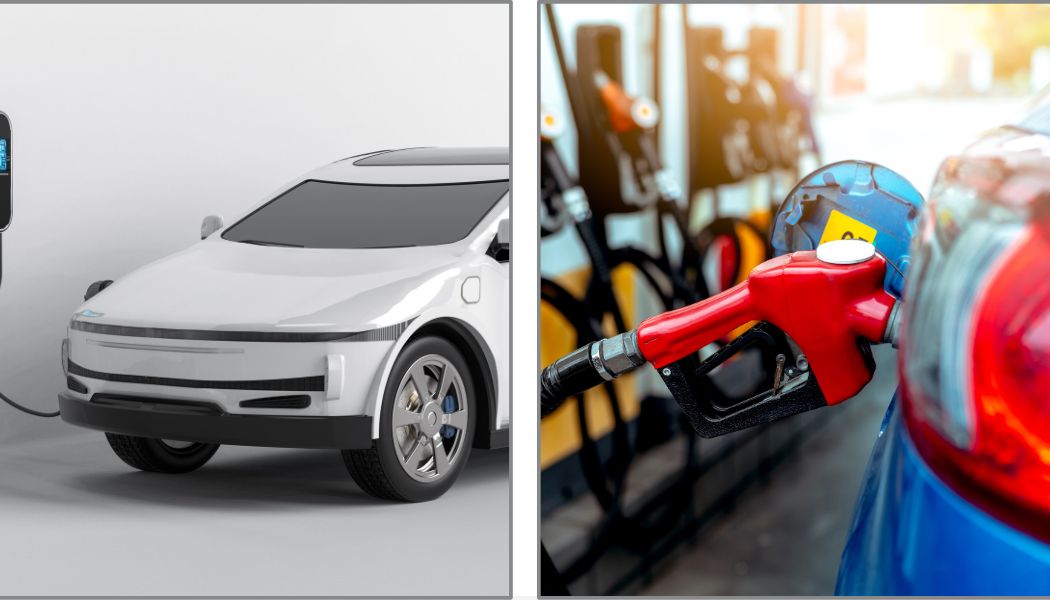Comparing the Safety of EVs and Gas Vehicles
When deciding between an electric vehicle (EV) and a gasoline (gas) vehicle, safety is one of the most important things to think about. Both types of vehicles have features that help keep drivers and passengers safe. However, there are some key differences in safety features for each.
EVs (Electric Vehicles)
Electric vehicles, like those from Volvo and Hyundai, are becoming more popular. EVs are known for being quiet and eco-friendly. They also have unique safety features. Many EVs have lower centers of gravity because their batteries are placed at the bottom of the car.
This can make the vehicle less likely to flip over in an accident. EVs are also packed with advanced safety technology like automatic emergency braking, lane-keeping assist and more.
One of the big advantages of EVs is that they tend to have fewer moving parts than gas cars. This means less chance of mechanical failure that could lead to an accident. Additionally, many EVs are equipped with high-tech features that warn drivers of potential dangers, like Volvo's Pilot Assist, which helps with steering and maintaining a safe distance from other cars.
Gas Vehicles (Like Honda)
Gas-powered cars, like Honda models, have been around longer, so they have a lot of safety features that have been tested over time. These vehicles have been designed to protect you in case of an accident. Gas vehicles also have airbags, seat belts and sturdy frames to protect the people inside. Many gas cars also include similar safety features to EVs, like automatic braking and lane assist.
However, gas-powered cars are typically heavier than EVs, which means they may have more momentum in a crash. While this can sometimes be an advantage, it also means more force could be involved in an accident. Also, the engine in a gas car is often at the front of the vehicle, which could cause more damage to the car in the event of a head-on crash.
Which One is Safer?
Both EVs and gas cars have excellent safety ratings, especially when made by companies like Volvo, Hyundai and Honda. The difference is in the technology and design. EVs often have a lower risk of rollover and better handling, while gas cars are designed with decades of crash safety knowledge and have been tested in many real-life accidents.
The key is to choose a car that has good crash-test ratings and comes with safety features like airbags, stability control and automatic emergency braking. The safest vehicle for you will depend on what features are most important for your driving style and needs.
In the end, whether you choose an EV or a gas car, make sure to follow all safety guidelines, drive carefully and keep your vehicle in good condition. Both options can keep you safe on the road if they are well-maintained and used properly.
Read on to learn how to find affordable car insurance.
